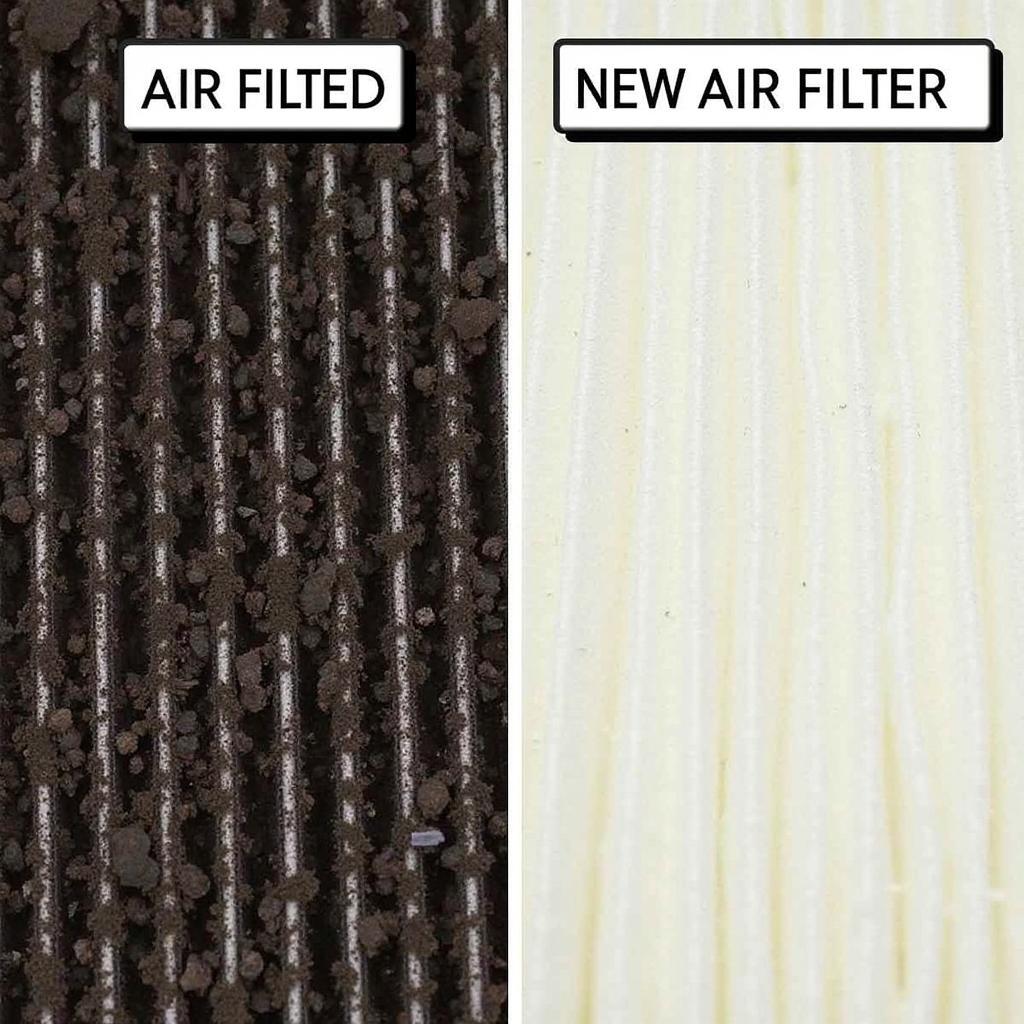Why Car Mileage Reduced After Service?
Have you noticed a dip in your car’s fuel efficiency after a recent service? It’s a surprisingly common issue that many drivers experience, leaving them wondering, “Why Car Mileage Reduced After Service?”. Let’s delve into the potential reasons behind this phenomenon and explore solutions to get your mileage back on track.
One common culprit is incorrect tire pressure. During a service, tires might be rotated or replaced, and if the pressure isn’t adjusted correctly afterward, it can negatively impact fuel economy. Under-inflated tires increase rolling resistance, requiring the engine to work harder and consume more fuel. Over-inflated tires, while potentially improving handling, can decrease the contact patch with the road, leading to reduced traction and increased fuel consumption. Make sure to check your tire pressure regularly and adjust it to the manufacturer’s recommended levels. You can usually find this information on a sticker inside the driver’s side door jamb or in your car’s owner’s manual. What does it mean when your car says service due? This is a related question that you might want to explore further.
Is Your Air Filter Clogged?
Another potential factor contributing to reduced mileage after a service is a clogged air filter. While a service might not always involve replacing the air filter, if it’s already nearing the end of its lifespan, the disturbance during the service could exacerbate its clogging. A restricted airflow makes it harder for the engine to breathe, leading to a richer fuel mixture and decreased mileage. Regularly replacing your air filter, as recommended in your car’s maintenance schedule, can prevent this issue. You might want to check what services does my car need at 100 000 miles if you’re approaching this milestone.
 Clogged Air Filter Affecting Mileage
Clogged Air Filter Affecting Mileage
Could It Be a Faulty Oxygen Sensor?
A faulty oxygen sensor can also contribute to decreased fuel economy. While not directly related to the service itself, a failing sensor might become more noticeable after a service due to other adjustments made. The oxygen sensor plays a crucial role in regulating the air-fuel mixture. A malfunctioning sensor can send incorrect signals to the engine control unit (ECU), resulting in an overly rich fuel mixture and, consequently, reduced mileage.
Impact of Driving Habits
Sometimes, the perceived reduction in mileage isn’t directly related to the service itself, but rather a change in driving habits after the service. For instance, if your car feels smoother and more responsive after a tune-up, you might subconsciously drive more aggressively, leading to increased fuel consumption. Do used car lenders require vehicle service contracts? This is another important question to consider if you are financing a used car purchase.
Resetting the ECU: A Possible Solution?
In some cases, resetting the engine control unit (ECU) can resolve mileage issues after a service. The ECU learns your driving habits and adjusts fuel delivery accordingly. Resetting it can sometimes clear any learned inefficiencies and allow the ECU to re-learn optimal fuel delivery patterns. However, this isn’t a guaranteed solution and should be done with caution. What service are done at car maintenance appointment? Understanding this can help you prepare for your next service visit. Also, if you’re considering a new car, understanding what is induction service for car can be helpful.
Conclusion
A decrease in car mileage after a service can be frustrating, but it’s often due to identifiable and correctable issues. Checking tire pressure, air filter condition, and oxygen sensor functionality are good starting points. Being mindful of driving habits and, in some cases, resetting the ECU can also help restore your car’s fuel efficiency. If you continue to experience problems, consult a qualified mechanic for a thorough diagnosis.
FAQs
- Why does my car feel different after a service?
- How often should I check my tire pressure?
- What are the signs of a clogged air filter?
- How can I improve my car’s fuel economy?
- When should I replace my oxygen sensor?
- What is involved in a typical car service?
- How can I reset my car’s ECU?
If you need further assistance, please contact us via WhatsApp: +1(641)206-8880, Email: [email protected] or visit our office at 456 Oak Avenue, Miami, FL 33101, USA. We have a 24/7 customer support team.
